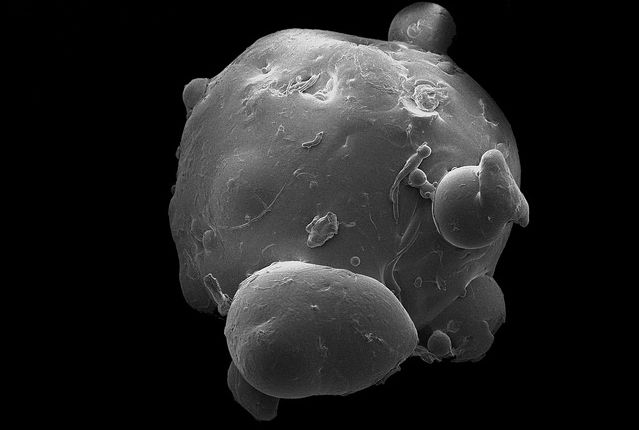This in from the office of Isle of Wight Conservative MP, Andrew Turner. Ed
Andrew Turner has commended Waitrose, who from this week will sell no products at all containing microbeads.
According to the British Retail Consortium this week a number of other retailers will be removing them from their own brand products.
However, the Island’s MP believes that legislation is needed to introduce a total legal ban on the controversial tiny, plastic pellets.
100,000 microbeads in one shower
A single shower can result in 100,000 microbeads being washed down the drain.
Mr Turner believes that the Island is particularly affected because of many Islanders’ close relationship with the sea for both work and recreation.
What are microbeads
Microbeads are less than 5mm across and are added to many personal cleansing products to exfoliate the skin or remove stains from teeth. However they are so small that they are not filtered out by water treatment plants and get into waterways and oceans.
They attract toxins and never biodegrade and are often ingested by fish and other marine life, causing damage to their digestive systems. They then enter the human food chain, with unknown long-term consequences.
A UK ban recommended
The Environmental Audit Committee, made up of MPs working on a cross-party basis, recently published a report recommending that the UK should ban microbeads and work towards a worldwide ban.
The United States banned them last December.
Mr Turner said:
“I commend Waitrose for their stance, and hope other retailers will soon follow suit. But I support the calls for a complete ban on microbeads and also for more research into their impact on the environment and marine and human life.
“Microbeads are only a small part of the wider problem of plastic particles and other plastic pollution in the oceans, but they are an avoidable part and we should act now to start playing our part in addressing this serious global issue.
“Islanders can help by avoiding buying products containing microbeads, although they are rarely clearly labelled, appearing as polyethylene, polypropylene or other plastic components in the list of ingredients.”
Image: University of Exeter under CC BY 2.0





